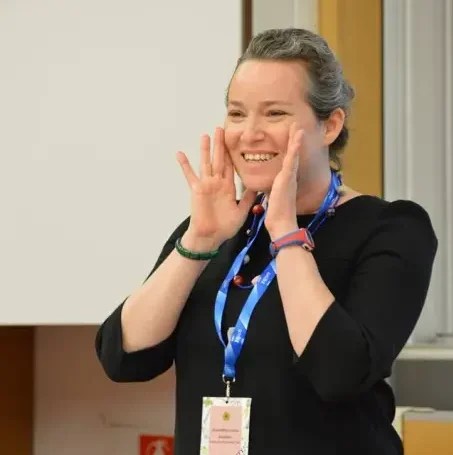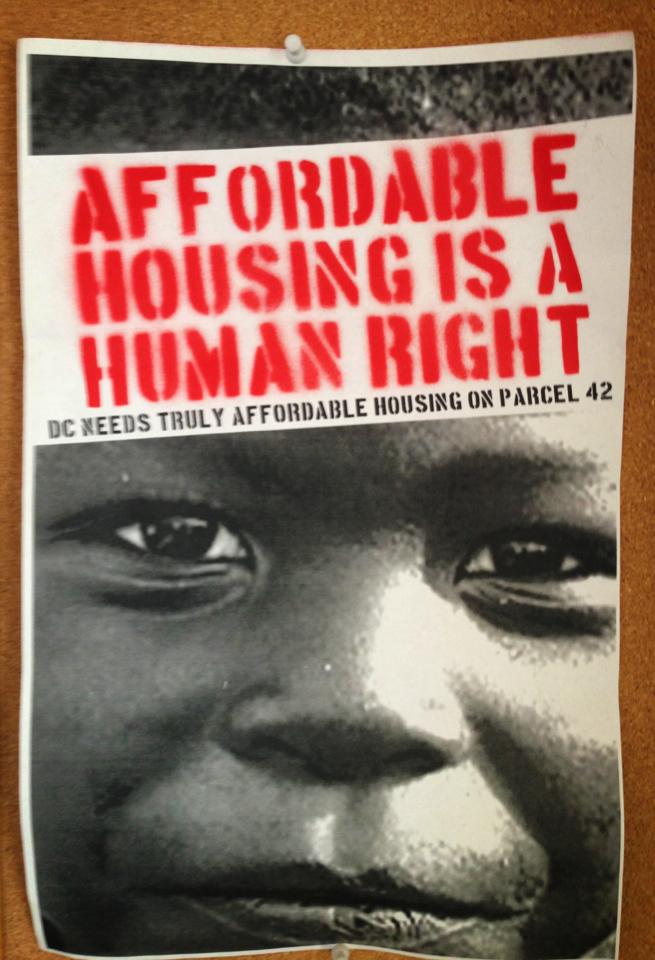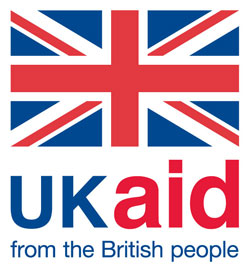In this post we welcome a discussion by guest authors on the recent volume Batman Saves the Congo: How Celebrities Disrupt the Politics of Development, by Alexandra Budabin and Lisa Ann Richey (University of Minnesota Press, 2021). The authors appreciate the critical feedback from Johanna Jarvela on this discussion.


This book analyses what celebrity strategic partnerships are doing to disrupt humanitarian space by focusing on the relationships celebrities create with other donors, implementers, and Congolese recipients. The main argument is that while celebrity strategic partnerships claim to disrupt the usual politics of development and humanitarianism, they instead lay bare the practices of elite networking, visibility, and profitable helping that characterize these fields of North–South relations.
Celebrities like Ben Affleck accompany the increasing presence of other private actors in international politics with the ability to attract new funding, ideas, and support to establish their own organizations. These celebrity-led organizations have impacts, both material and representational, on the other actors in the development and humanitarian space and, even more consequentially, on the beneficiaries themselves. A deeper understanding of these new actors and alliances contributes to contemporary discussions across scholarly fields. First, international development scholarship would suggest that in these new and “disruptive” celebrity strategic partnerships, celebrity humanitarians on the ground might have acted differently from experienced, old-fashioned, traditional donors and implementers. Instead, our book shows how celebrities and their partners (corporations, capital asset management firms, and philanthropists) are elite players in an elitist field who disrupt very little. Second, studies of celebrity politics would lead us to expect that the institutionalization of a long-term investment and collaboration in celebrity strategic partnerships would make them more accountable than the more commonly found short sighted celebrity do-gooding. Our book explains why they are not. Finally, understandings of global politics might have suggested that celebrity strategic partnerships’ ability to bring together a broader range of shareholders to direct the enterprise of development would have led to better representation of Congolese voices among them. This was not the case; instead, the post democratic politics of North–South relations was cloaked in the attractive guise of partnership. While celebrity strategic partnerships claim to disrupt the usual politics of development and humanitarianism, they instead lay bare the practices of elite networking, visibility, and profitable helping that now characterize North–South relations. This short intervention is excerpted from a panel from the International Studies Association in 2022 around the book, Batman Saves the Congo: How Celebrities Disrupt the Politics of Development (Budabin and Richey 2021).
Continue reading




